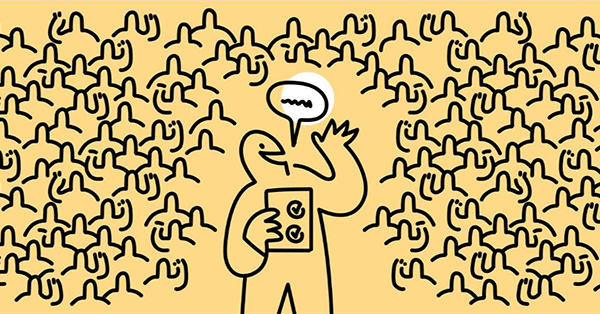After two years of research, co-design sessions, data collection, analysis, writing, designing, and finally publishing our tools and reports, the QUEST Horizon 2020 project has come to its end.
QUEST has released several reports and tools, meant to support quality science communication.
The Toolkits, the Handbook for museum communicators, and the Factsheets based on QUEST policy and incentive recommendations are QUEST's latest outputs. Read more about them below.
QUEST toolkits: resources to support communication about science
The guides, checklists, presentations and other tools included in the QUEST toolkits support scientists, journalists, museum facilitators, and social media managers with their science communication activities.
Since the release of the QUEST Toolkits in May, the various QUEST resources have been downloaded from the website over 3200 times.
The QUEST Handbook: Academic writing for museum communicators
When it comes to science communication within the context of museums, the opportunities for museum staff to develop their academic writing skills are unfortunately rare. If more museum communicators were given the opportunity to develop their own academic writing skills, they would be ideally placed to close the gap between research and practice in the field.
The QUEST Handbook aims to address this issue. It empowers museum professionals to write and publish their work in academic journals by outlining the journey of writing an academic paper from start to finish. Co-designed by a team of professional science communicators, the Handbook also provides advice on how to set up an academic writing group in a science museum or science center.
Policies and incentives to support quality science communication
QUEST's factsheets give recommendations to different key policy and decision-makers for creating contexts that promote quality science communication by researchers and research institutions, by journalists and the media sector, by museums, and on social media.






















